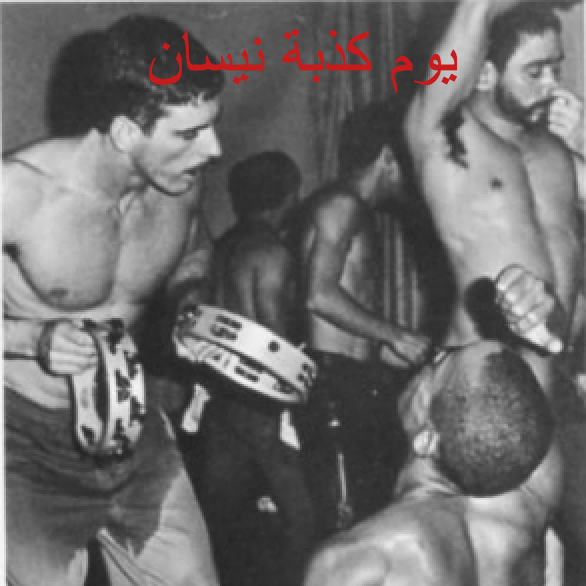During the Lebanese civil war the Beirut downtown area, previously the home of much of the city’s commercial and cultural activity became a no man’s zone known as the Green Line. Many inhabitants fled to other countries. Many of the buildings along the Green Line were severely damaged or destroyed during the war. A lot of bars, buildings and bathhouses were completely empty. It became the poster child of urban decay.
The most cutting edge electronic music always seems to encompass a strong vision on the future, and is always sourced from areas of urban decline. When Manhattan was abandoned, disco tunes filled the deserted lofts. The same happened in Detroit and Berlin with techno. In retrospect, we can put Beirut in this line of metropolitan areas where some of the most daring sounds came from. There’s only one difference: the Beirut bath house scene was really dangerous. This scene reflects the idea of absolute and pure hedonism in the Paris of the Middle East, the melting pot of many cultures, against the background of a civil war.
Beirut used to be the gay paradise of the Arab world, which declined rapidly during the civil war. According to oral history, a haunt of extremely good-looking young men, most of them gay body builders, tried to keep this self-gratifying spirit alive. They occupied some bath houses in the desolated city centre and started working their muscles. The towels were needless. First the imported disco records were used as the soundtrack for their work outs. But after the house and studio of pioneer disco DJ Ibrahim Hashi was bombed by Israeli troops, and no imports were available, some of the body builders started creating their own pumped up version of disco, incorporating influences of their local culture.
The result is sublime. Via cheap hardware they created a tape-only scene; it was simply too risky to bring this music out on vinyl. And the music still sounds revolutionary. This is a lost ark of music history. The names of the artists were never published, the tracks don’t have any titles. But the sentiment is revolutionary. The smooth disco sounds and falsetto voices mix very well with the cheap dabke synth presets. This is the ultimate gay wedding music. And thanks to Honest Jon’s, finally it’s legally available.
<div class="fb-comments" data-href="http://thequietus.com/articles/17549-various-artists-beirut-bath-house-the-original-disco-dabke-recordings-1981-1984-review” data-width="550">


